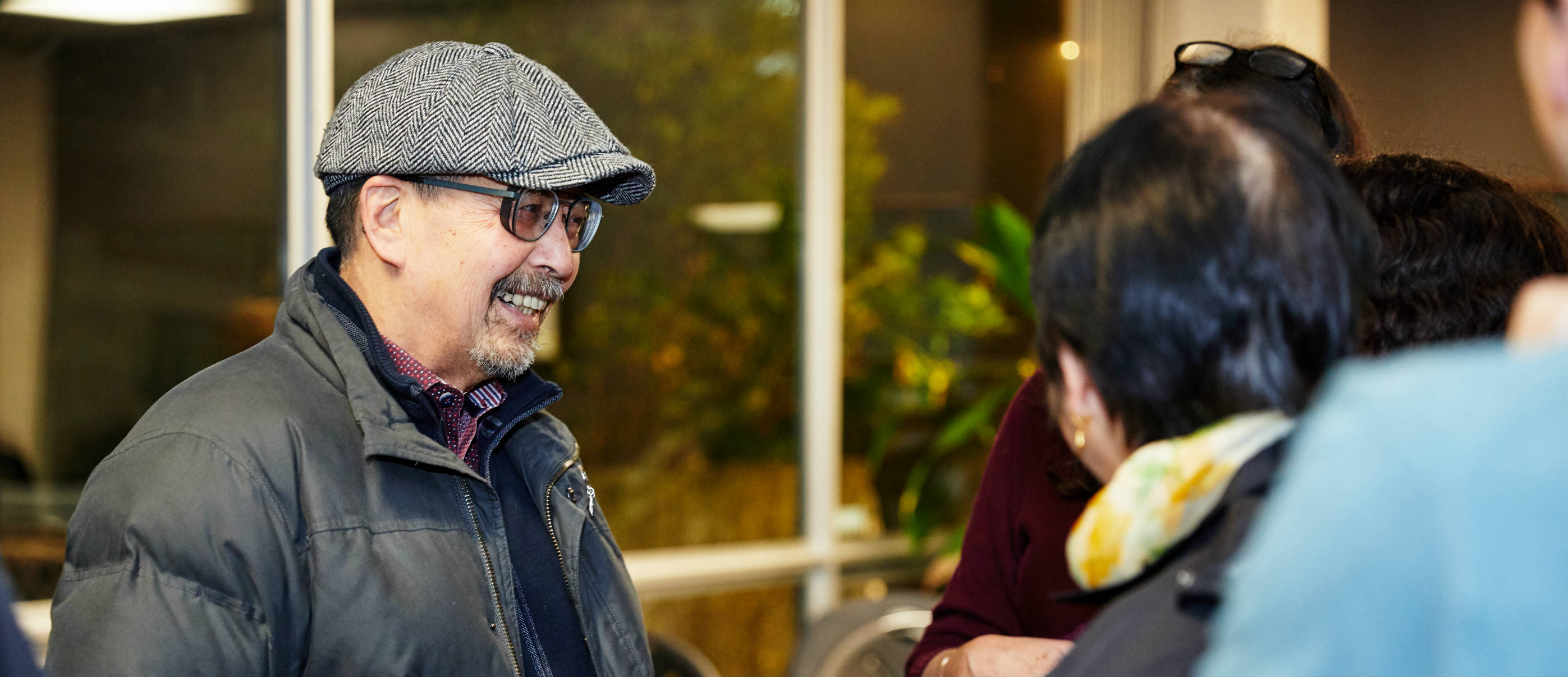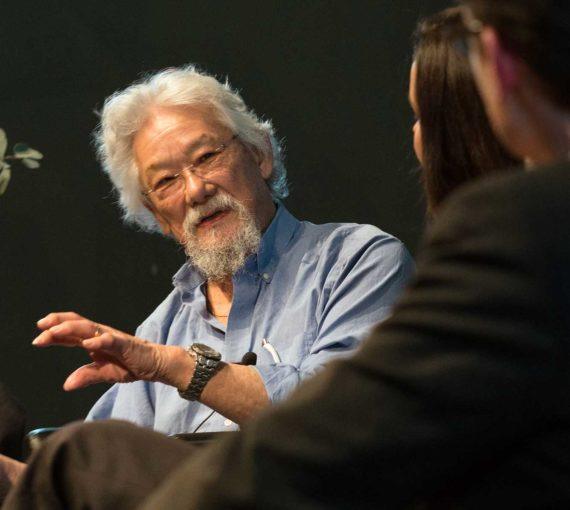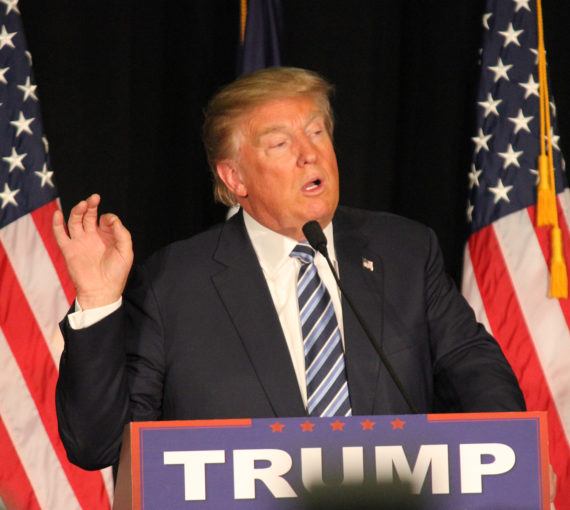
Members of the David Suzuki Foundation's Sustainable Diversity Network, which aims to advance our understanding of sustainability and expand the environmental movement by celebrating voices and stories that are often unheard or unacknowledged.
The U.S. election was a chilling illustration of the atrocious state of public discourse. It doesn’t bode well for a country once admired for leadership in education and science.
As public relations expert and former David Suzuki Foundation board chair James Hoggan writes in I’m Right and You’re an Idiot, “polluted public discourse is an enormous obstacle to change.” How, he asks, do we “create the space for higher quality public debates where passionate opposition and science shape constructive, mind-changing conversations”?
If those vying to be president of the most powerful country in the world couldn’t do it, what hope is there? For his book, co-written with Grania Litwin, Hoggan interviewed a range of thinkers, from linguist and cognitive scientist George Lakoff to the Dalai Lama. Whether or not their insights can raise the level of political discourse among politicians who think name-calling, logical fallacies and lies constitute legitimate debate remains to be seen, but the book offers advice for anyone who wants to improve conversations and create positive change in this age of online bickering, propaganda and entrenched positions.
Social psychologist Carol Tavris says part of the problem relates to “cognitive dissonance.” Unlike scientists, who revise their positions in response to testing and challenging hypotheses, most people resist changing their minds, especially if they feel it would threaten them or their real or imagined privileges.
Yale Law School psychology and law professor Dan Kahan says confirmation bias and motivated reasoning also come into play. Confirmation bias is people’s tendency to seek and select information that confirms their beliefs. Motivated reasoning is the unconscious habit of processing information to suit an end or goal that doesn’t necessarily conform to accurate beliefs.
Climate change is a good case in point. Although evidence for human-caused global warming is backed by mountains of research compiled over decades by scientists from around the world, and its impacts are observable, many people refuse to accept it, promoting debunked ideas and fossil fuel industry talking points, because they feel profits or their way of life will be negatively affected by addressing it. “When you have a combination of economic, ideological and psychological biases all in play, it’s very difficult for human beings to easily accept large-scale social and economic change,” Tavris observes.
So how do we overcome these stumbling blocks, especially when climate change deniers hold power in the U.S.? In looking at changing perceptions and habits around things like seatbelts, smoking and environmental protection, Tavris argues that dialogue and changing people’s hearts isn’t enough, that “you have to first change the laws, change public notions of what is acceptable or unacceptable behavior and change the economic consequences of practices you want to alter.” That’s more than a challenge in the current political atmosphere.
But we have to start somewhere. And improving the ways we communicate with each other is essential. Much of current discussion around the U.S. election result centres on politicians not listening to those left behind as global trade and technology outpaced antiquated economic systems. Many say the Democrats failed in part because they abandoned those who lost livelihoods in coal mines or factories as technologies changed and corporate leaders shifted production to parts of the world with lower labour costs and standards. Although the president-elect’s choices of appointments and advisers show he’s deep in the pockets of corporate America, especially the fossil fuel industry, he succeeded in tapping into the disillusionment.
We must listen to those who are suffering. We should also consider the difference between debate and dialogue. As social scientists Steve Rosell and Daniel Yankelovich tell Hoggan, “debate is about seeing weaknesses in other people’s positions, while dialogue is about searching for strength and value in our opponents’ concerns.”
Vietnamese Buddhist monk Thích Nhất Hạnh says, “Speak the truth, but not to punish.” While facts and reason are important, Hoggan points out, they’re not enough to change people’s minds. “Research coming from cognitive and brain science tells us if we want to be persuasive we must appeal to people’s values and speak from a moral position, rather than layering on more data and statistics.”
The world is in a precarious position. Hoggan’s book offers a path to the kind of discourse necessary to resolving our collective problems.



